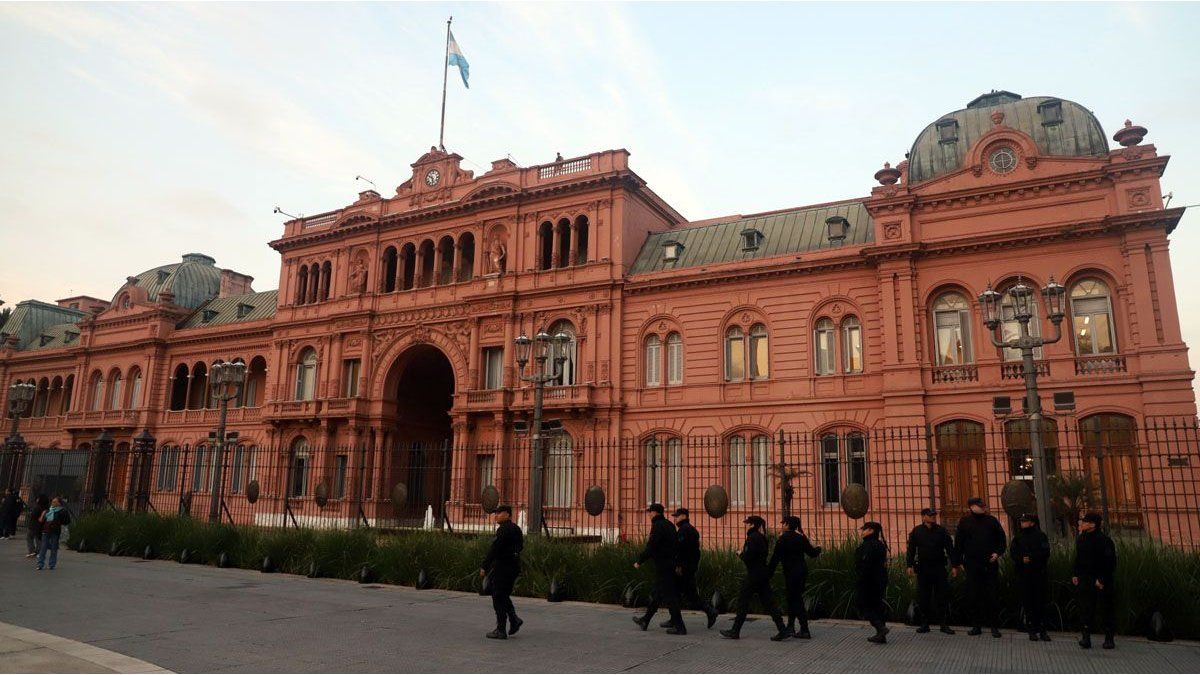The main argument for the veto is that the sanctioned project goes against the main guideline of the libertarian Government of maintaining fiscal balance. since it would imply an additional expenditure of $6 billion by the State for the year 2024 and $15 billion for the year 2025, which would be equivalent to 1.02% of the GDP for the current year and 1.64% of the GDP for the next year.
“The bill approved by the National Congress is manifestly violative of the current legal framework “since it does not consider the fiscal impact of the measure nor does it determine the source of its financing,” indicates the text you accessed Scope exclusively.
In this sense, it is established that the Law on Financial Administration and Control Systems of the National Public Sector indicate that “tAny law authorizing expenditures not provided for in the general budget must specify the sources of the resources to be used for its financing.“with the aim of “limiting the discretion” of the Legislative Branch, which “must act with institutional common sense, in a responsible manner, taking care not to issue provisions whose application is inconvenient for public accounts.”
Furthermore, it is indicated that “the administration of public resources must be carried out in a responsible manner and in accordance with public purposes and principles of good administration” with the objective of achieving the common good and that is the General Budget of the National Administration “the primary tool for organizing and planning government actions.”
The Executive’s text also maintains that the amounts needed to comply with the law passed by Congress “would make it impossible to meet the fiscal goals set by the national government for the current fiscal year and the following ones.”
It is also claimed that it would “seriously hamper” the sustainability of public finances “since it would mean the need to obtain an extraordinary, unforeseen source of financing in order to meet its cost, whether through public debt or tax increases.”
Among the arguments for the veto it is also stated that “The approved bill suffers from serious technical and operational deficiencies which highlights its manifest unreasonableness and the serious difficulties that its implementation would present.”
Although the veto, with its reasons, was signed tonight, government sources assured this newspaper that it will only be published in the Official Gazette after the weekend.
The promise of the May Pact
The grounds for the total veto of the pension reform also maintain that the May Pact signed between the national government and 17 governors on July 9, established among its principles the “non-negotiable fiscal balance”.
In this sense, they assure that “To approve a bill such as this one implies ignoring what was agreed upon” and if this were not countered by a decision of the Executive “it would have as a direct consequence the return to a path that has already been proven to be inconclusive.”
In addition, it is added that the May Pact also raised the “need to implement a reform” of the Argentine Integrated Pension System (SIPA) that aims to provide “sustainability to the system” and that currently for that to happen “it is essential to continue with the retirement mobility established in Decree No. 274/24, “since it guarantees – for the first time in decades – that retirees will never again lose out to inflation.”
Finally, it is insisted that the mobility implemented during the Milei Government was ““determined responsibly, taking into account the needs of the beneficiaries and fiscal possibilities” and which constitutes “a bridge towards the complete review of the Argentine pension system as indicated in the May Pact.”
Source: Ambito
I am Pierce Boyd, a driven and ambitious professional working in the news industry. I have been writing for 24 Hours Worlds for over five years, specializing in sports section coverage. During my tenure at the publication, I have built an impressive portfolio of articles that has earned me a reputation as an experienced journalist and content creator.




